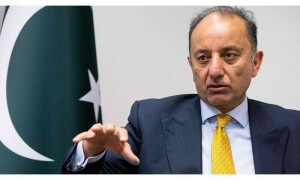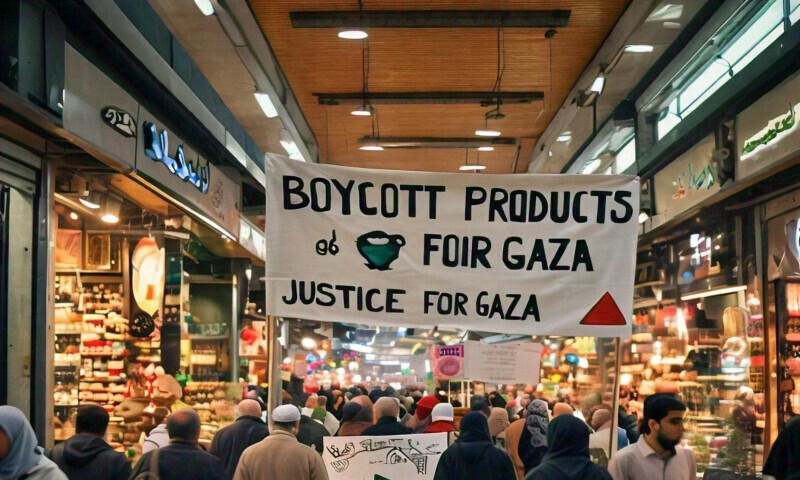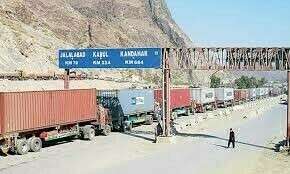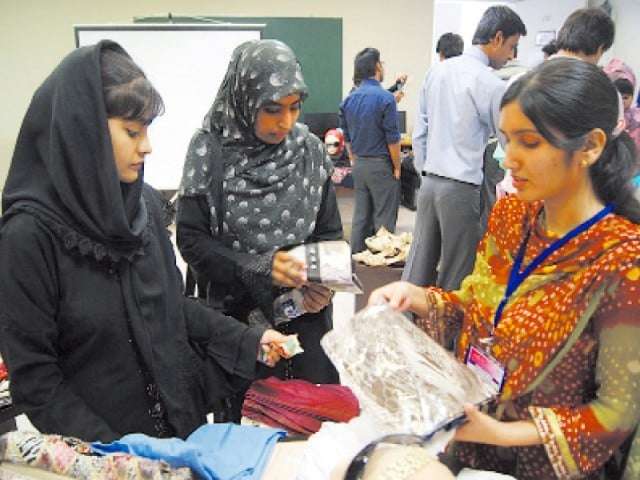KARACHI: In the wake of the International Monetary Fund’s (IMF) $7 billion bailout package, many industrial sectors are facing severe challenges, with rising energy costs prompting some to shut down operations or scale back production. The soaring prices of power and gas have significantly affected production, leading to closures and job cuts in critical industries.
Despite some optimism for economic recovery, industry stakeholders report mixed opinions regarding the impact on employment. A notable decline in local cement sales and reduced steel production indicate a downturn in construction activities. Smaller textile units have already ceased operations, while medium-sized enterprises that rent their facilities are battling for survival.
Ehsan A. Malik, CEO of the Pakistan Business Council (PBC), stated that larger firms, possessing more resources, are better equipped to endure this temporary economic slowdown.
The cement sector is grappling with decreased demand, exacerbated by the tax burden introduced in the FY25 budget. Meanwhile, the steel industry faces challenges from regional tax discrepancies, particularly in erstwhile Fata and Pata, making it difficult for manufacturers elsewhere in the country to compete effectively.
Mr. Malik pointed out that although borrowing costs have declined, energy prices remain uncompetitive, affecting export capabilities. While larger corporations may manage to survive, their smaller supply chain partners are likely to struggle.
According to Mr. Malik, layoffs are more prevalent among smaller businesses, emphasizing that capacity utilization varies widely across industries, complicating generalizations.
Jawed Bilwani, president of the Karachi Chamber of Commerce and Industry (KCCI), noted the near-total collapse of small textile units, with medium-sized ones following suit. Only larger firms that own land and have sufficient equity can afford to invest in expanding their capacity to stay competitive. “There are no new entrants into the market,” he remarked.
Discussing the sluggish textile export growth, he attributed some recovery to orders being diverted from Bangladesh to local entrepreneurs. However, he warned that a potential return of orders to Bangladesh, alongside increased production capacity in Vietnam, could pose further challenges for local exports.
Mr. Bilwani highlighted that several major textile companies have already established production facilities in the Middle East. If conditions in Pakistan do not improve, these firms may consider relocating operations abroad.
He also pointed out that many larger textile businesses are diversifying their investments into non-traditional sectors, both domestically and internationally. Continued unfavorable production costs and economic conditions could threaten the survival of long-standing businesses.
“Rising power and gas rates are not only dimming production and exports but also complicating the operational landscape for industries due to inconsistent economic policies,” he added.
Abdul Aleem, CEO of the Overseas Investors Chamber of Commerce and Industry (OICCI), stated that sectors like auto manufacturing and consumer goods are grappling with weakened demand and occasional shutdowns, although significant layoffs have not yet been reported.
Conversely, the country’s IT services sector is hindered by inadequate infrastructure, limiting its export growth potential. Other industries are facing burdens from heavy taxation and inconsistent policy measures.
“Our pending tax refunds, exceeding Rs108 billion, have been entirely overlooked by relevant authorities,” he lamented, also highlighting the banking sector’s vulnerability due to high taxation on profits.
“Has anyone considered why major oil companies and other multinational corporations are exiting by transferring their operations to locals or foreign entities?” Mr. Aleem questioned, urging the government to collaborate with stakeholders to position Pakistan as a regional production hub.
Cement and Steel Sectors in Crisis
Syed Wajid Bukhari, secretary general of the Pakistan Association of Large Steel Producers (PALSP), described the steel industry as facing its most severe crisis in half a century, with construction activity in the country plummeting by 80% to 90% in recent years.
“Approximately 25-30% of steel units have shut down, and around 25% have temporarily ceased operations,” he reported, noting that the remaining 50% are operating at reduced capacity, with many having laid off 30% of their workforce.
“Exorbitant energy costs, high interest rates, and heavy taxation are crippling the industry,” Mr. Bukhari stated, warning that the informal sector, which evades taxes and produces substandard steel, is flourishing, while the regulated industry faces increasing pressure to close. “The government is merely acting as a spectator,” he concluded.



